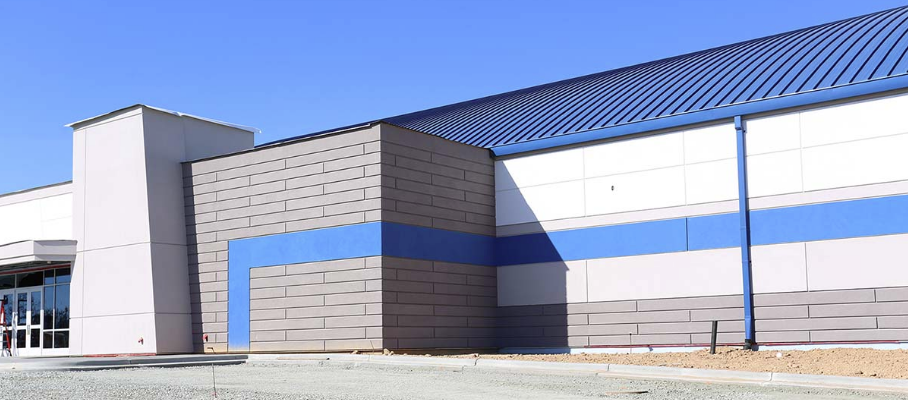5 Great Reasons to Choose EIFS for Your Commercial Building

When finishing a commercial building, you will have a variety of options available to you for the exterior of the structure. One of those options is EIFS – or exterior insulation finishing system. There is a lot to like about EIFS, and we are going to use this article to highlight five reasons why you may want to go in this direction.
#1 – Save Room Inside
You are going to need some form of insulation for your building. Often, that insulation is placed on the inside, taking up valuable room. But what if the insulation of your building is found on the outside? It’s right there in the name – exterior insulation finishing system. By using EIFS on the outside of your building, the need for interior insulation may be reduced (depending on a number of other factors).
#2 – For the Long Run
The durability of EIFS is one of the biggest selling points in favor of using this system. Part of the reason EIRS can be expected to last so long is its flexibility. Since it can expand and contract nicely, it is not prone to cracking like concrete stucco exteriors, for example. Also, EIFS is resistance against things like mold and mildew, making it even more capable of standing up over time. If you would like to count on the exterior of your commercial building to perform well into the future, EIFS is an easy choice.
#3 – Fight Back Against Fire
Naturally, you want your building to have the ability to resist fire, as a structure fire is one of the most dangerous and damaging things that could happen on your property. Using EIFS does not have a negative impact on the fire resistance of your walls, so the way your building has been designed initially to resist fire will be kept intact. Safety is always a top priority with any kind of construction project, and this point is yet another in favor of opting for EIFS.
#4 – Be More Efficient
Efficiency is a good thing. When it comes to energy efficiency, being more efficient means you can save money while also limiting the impact that your building has on the environment. Once EIFS has been installed, you should be left with an impressive R-value for the building, meaning you won’t have to use as much heating or cooling power in order to maintain the temperature of the structure day after day.
#5 – Limit Condensation
If you would like to limit condensation and the negative impact it can have on your building over the years, you probably won’t be surprised to hear that this is another area where EIFS excels. Since EIFS is effectively a blanket that wraps around the outside of your building, it eliminates the temperature differentials which lead to condensation. You always need to factor moisture control into the equation as you work on your commercial building plans, and with EIFS in use around the outside, condensation is a worry that you can check off your list.
